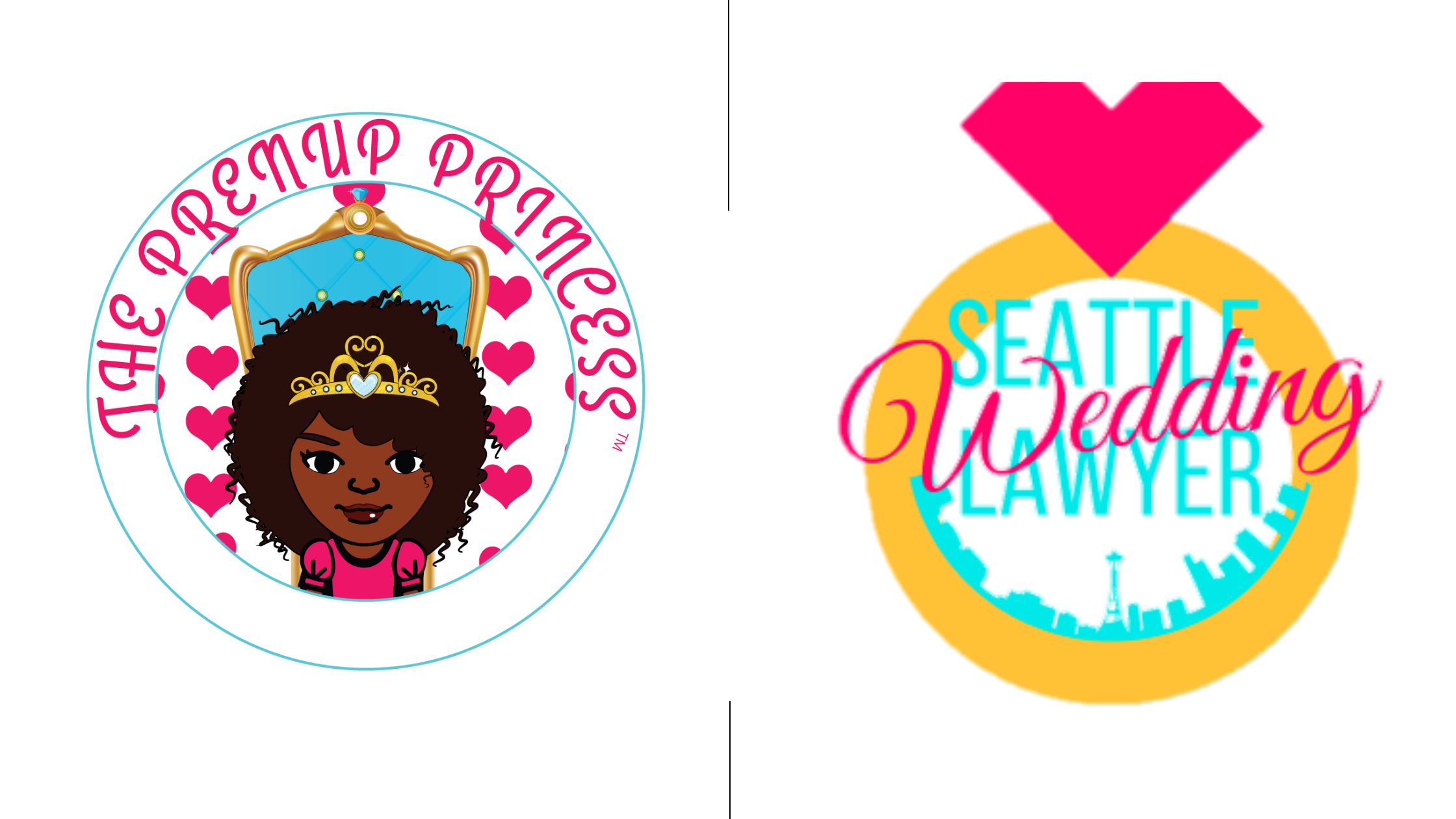One of the biggest complaints people have are that prenups are unfair. They favor the spouse with the most money (well duh) and leave the spouse with the least money destitute (not necessarily).
Let’s start with the first half of that last sentence, yes, it is true that most people want a prenup to protect their assets from their potential ex-spouse so of course it will favor them. But what most people do not understand is that for a prenup to have a good chance of standing up to scrutiny if challenged, it must be fair.
The enforceability of a prenup is determined by a two-pronged test, commonly known as the Foran test. If the agreement appears fair on its face, then the agreement is valid. If not, the agreement may still be valid if (1) full disclosure has been made of the amount, character, and value of the property involved and (2) the agreement was entered into fully and voluntarily on independent advice and with full knowledge by both spouses of their rights.
Fairness is important if you want your prenup to be enforced if needed. It cannot be completely one sided, there must be full disclosure of property, and each party should have their own attorney to advise them on the prenup.
Life is not fair but your prenup has to be.
